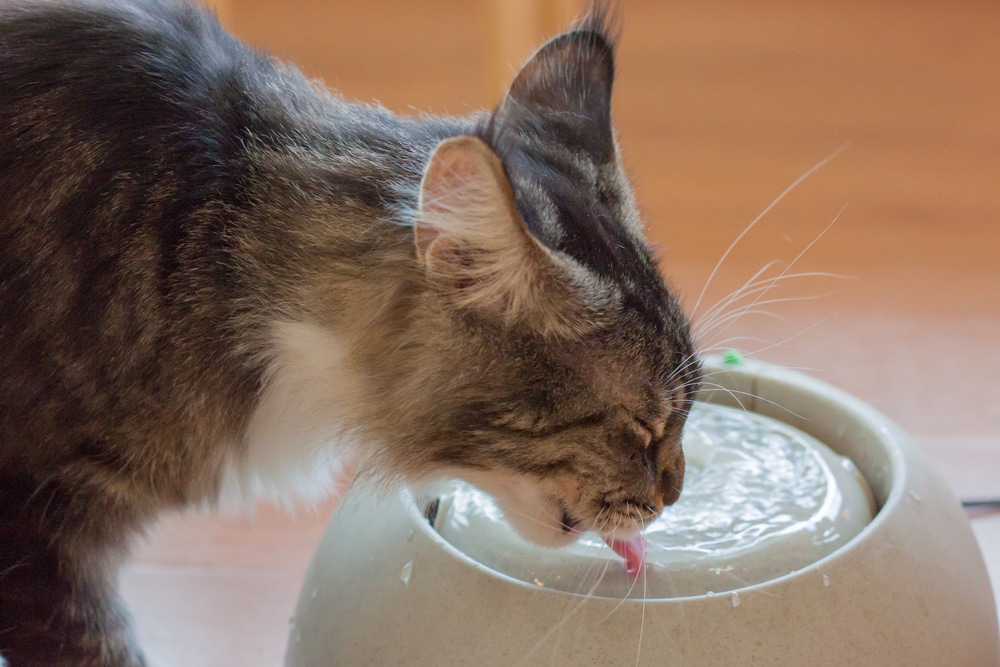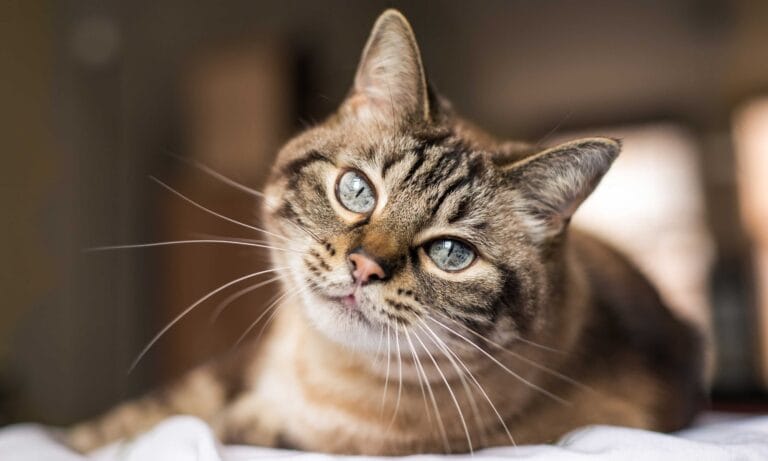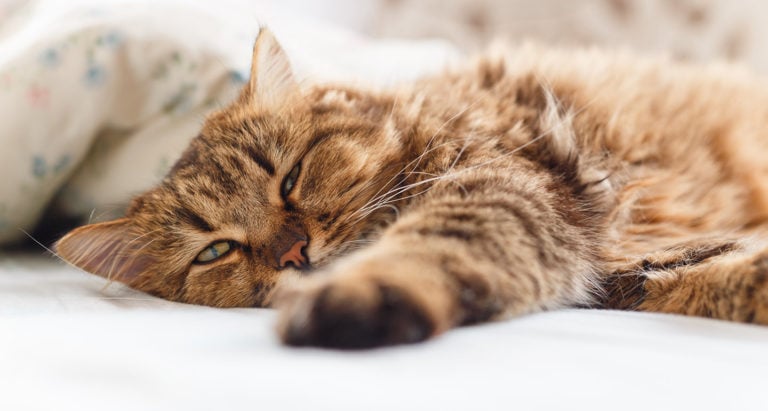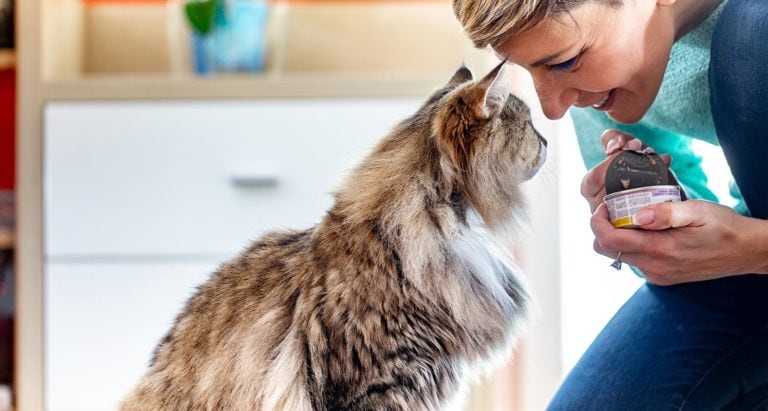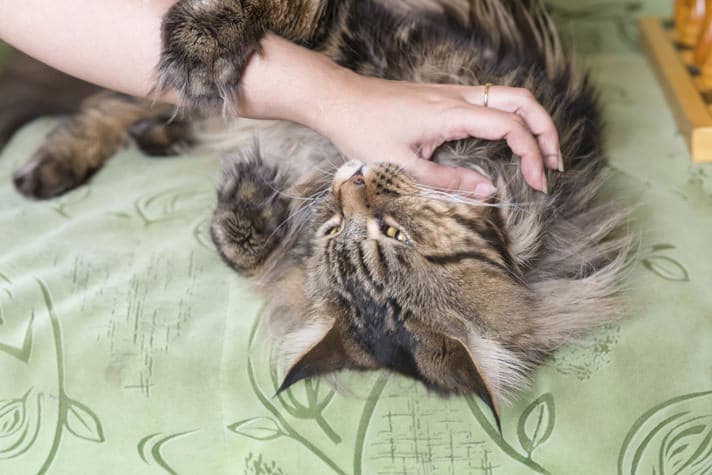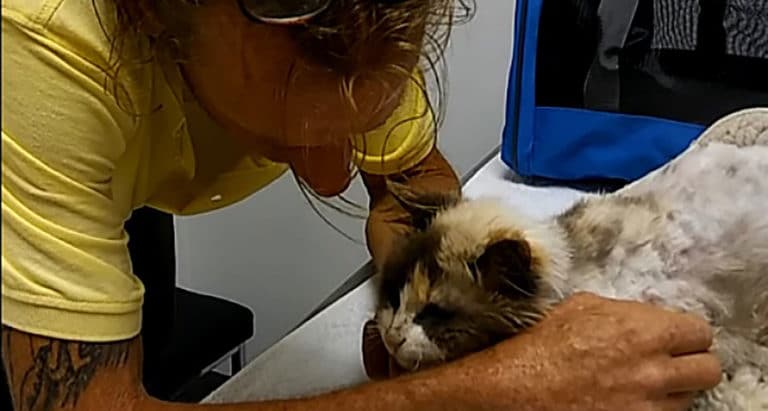Q:
My cat is almost 15 years old. For the last few months, he has been drinking a lot more water and is urinating over the edge of his litterbox. We moved to a new house just under two years ago and he has lost weight since the move. It is a two-story house with a lot more stairs (we used to live in a ranch home) and I assumed that the weight loss was due to the fact that there are a lot more stairs. I am concerned with the fact that he is urinating a lot (large quantity of urine) and drinking a lot more water. His urine is very yellow, too. We used to have city water that was clorinated, but now have a private well. We also have a water softener. Is it possible that the salt content in the water could affect him? Or is it possibly something medical?
A:
Excessive thirst, urination and weight loss in a 15- year-old cat is definitely cause for concern. Geriatric cats are at increased risk for metabolic disorders such as hyperthyroidism, diabetes and chronic renal failure. Fortunately, these disorders are relatively easy to diagnose via simple blood and urine tests.
The only unusual thing in your letter is the fact that the urine looks darker than normal, which suggests that the urine is strongly concentrated. When cats are drinking and urinating excessively, their urine tends to be dilute, with a pale appearance. If your cat truly has dark urine, it could be due to the presence of a substance called bilirubin in the urine. If so, this is often an indicator of a liver disorder. Laboratory tests will allow an assessment of the liver as well.
As for your cat urinating over the edge of the cat litter box: some cats, as they get older, develop arthritis and will find it difficult to squat once they’re in the litter box. These cats will often remain standing when they urinate, causing the urine to spill over the side of the box. You should have your cat evaluated for arthritis. A variety of supplements and pain medications are available that could make your cat more comfortable, and resolve this aberrant urinary behavior.
By: Arnold Plotnick, DVM
Featured Image: Via Pattysan/Shutterstock
Share:
